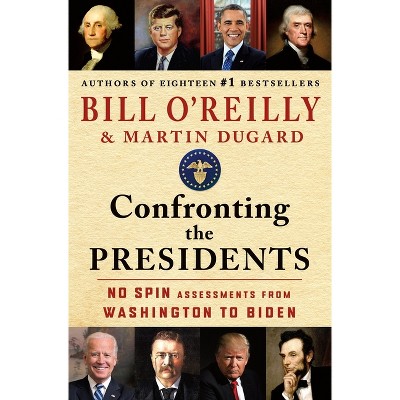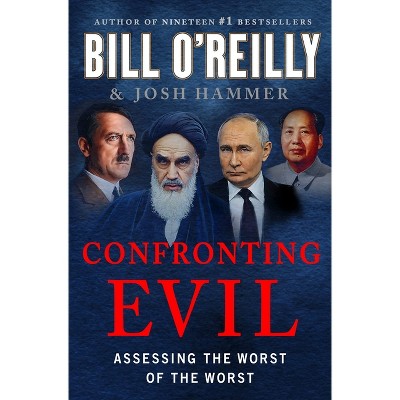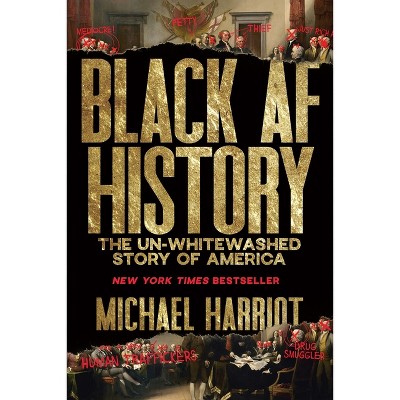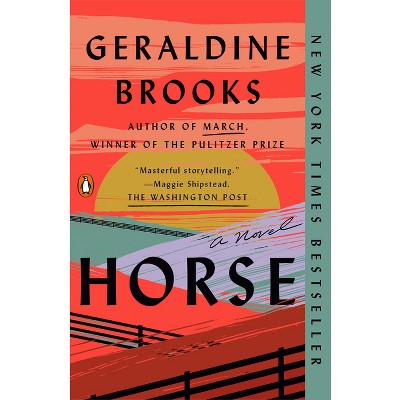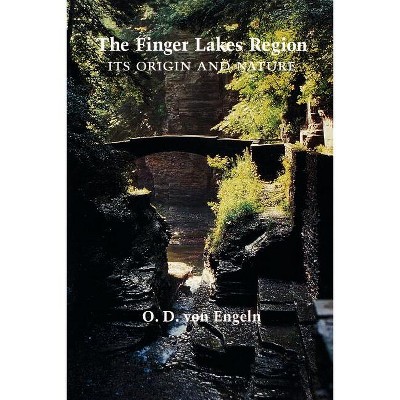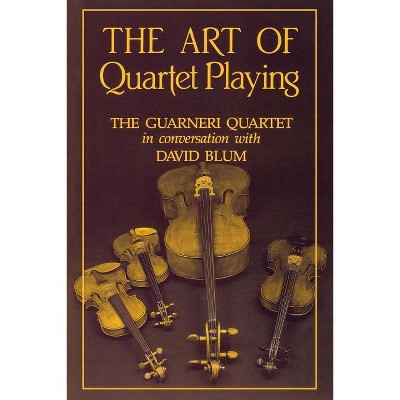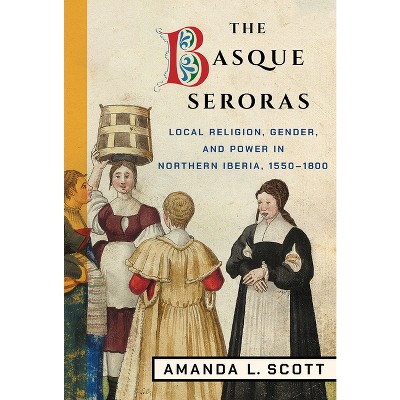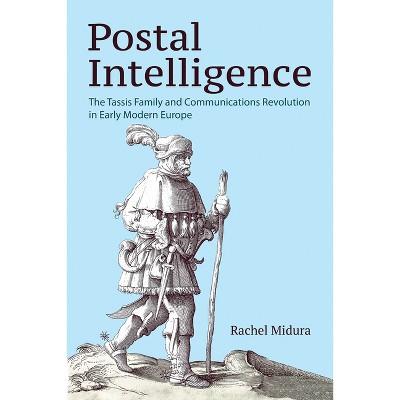About this item
Highlights
- By the time William Penn was planning the colony that would come to be called Pennsylvania, with Philadelphia at its heart, Europeans on both sides of the ocean had long experience with the hazards of city life, disease the most terrifying among them.
- About the Author: Simon Finger is Visiting Assistant Professor of History and Humanities at Reed College.
- 246 Pages
- History, United States
Description
About the Book
The Contagious City details how early Americans struggled to preserve their collective health against both the strange new perils of the colonial environment and the familiar dangers of the traditional city, through a period of profound transformation.
Book Synopsis
By the time William Penn was planning the colony that would come to be called Pennsylvania, with Philadelphia at its heart, Europeans on both sides of the ocean had long experience with the hazards of city life, disease the most terrifying among them. Drawing from those experiences, colonists hoped to create new urban forms that combined the commercial advantages of a seaport with the health benefits of the country. The Contagious City details how early Americans struggled to preserve their collective health against both the strange new perils of the colonial environment and the familiar dangers of the traditional city, through a period of profound transformation in both politics and medicine.
Philadelphia was the paramount example of this reforming tendency. Tracing the city's history from its founding on the banks of the Delaware River in 1682 to the yellow fever outbreak of 1793, Simon Finger emphasizes the importance of public health and population control in decisions made by the city's planners and leaders. He also shows that key figures in the city's history, including Benjamin Franklin and Benjamin Rush, brought their keen interest in science and medicine into the political sphere. Throughout his account, Finger makes clear that medicine and politics were inextricably linked, and that both undergirded the debates over such crucial concerns as the city's location, its urban plan, its immigration policy, and its creation of institutions of public safety. In framing the history of Philadelphia through the imperatives of public health, The Contagious City offers a bold new vision of the urban history of colonial America.
Review Quotes
The Contagious City is an ambitious book that reintegrates the histories of eighteenth-century American medicine and politics. Focusing on Philadelphia, Simon Finger's work deftly reveals a variety of connections between these areas and convincingly argues that public health and political culture were often inextricably tangled together, acting in mutually constitutive ways throughout the century. The Contagious City offers a fresh and convincing view of the linkages between medicine, politics, and culture in Philadelphia's colonial and national eras. With a focus on public health infrastructure and policy it enriches our understanding of a critical development in early American history event as it points the way for further work to be done on these issues.
-- "Journal of American History"Finger has given readers a very intelligent account of the rise of public health in early America. The material is very well documented, and he has consulted European as well as American sources.
--Herbert Ershkowitz "The Historian"In his erudite and well-written book, The Contagious City, Simon Finger endeavors 'not just to provide a medical history that doesn't have the politics taken out, but rather to offer up a political and cultural history with the medicine put back in' (p. xi). He succeeds mightily in this regard, and the reader is rewarded with a fresh perspective on the politics of public health in colonial America and the Early Republic... an excellent introduction to the history of medicine in early America for non-specialists. Thanks to Finger, historians of medicine also have a new framework for connecting their field to the interests of colleagues in other fields. I hope that The Contagious City will become standard reading in senior undergraduate electives and graduate seminars.... I know it will in mine.
--James A. SchaferJr "Social History of Medicine"In his meticulously documented and precisely argued book, Finger tells a story that begins with William Penn and Thomas Holme and extends to the early nineteenth century, when Philadelphia's eminence diminished with the rise of New York City as the nation's commercial and financial capital and the transfer of the political capital to Washington, D.C.... The Contagious City will be valuable to scholars for is nuanced account of the relationship among the discourses of medicine, politics, and the body.
--Samuel Otter "Early American Literature"Instead of looking solely at what twenty-first-century people perceive as 'public health, ' Finger defines his topic as an eighteenth-century Philadelphian would have. Public health was not just a matter of keeping the streets clean and the water pure, but of constructing a 'healthy' polity and a virtuous citizenship. As Finger says in his introduction, ideas of 'health' applied equally to the individual body and the body politic; they 'rested on the idea that humans, their environment, and their society operated on analogous principles that were therefore subject to the same kinds of defects and remedies.. Finger provides an excellent short introduction to an aspect of cultural history that has not yet been fully explored.
--Rebecca Tannenbaum "American Historical Review"Simon Finger's The Contagious City details how early Americans struggled to preserve their collective health against both the strange new perils of the colonial environment and the familiar dangers of the traditional city.... The author makes it clear that medicine and politics were inextricably linked, and that both undergirded the debates over crucial concerns such as Philadelphia's location, its urban plan, its immigration policy, and its creation of institutions and agencies of public safety.
-- "Pennsylvania Heritage"About the Author
Simon Finger is Visiting Assistant Professor of History and Humanities at Reed College.
Shipping details
Return details
Trending History
